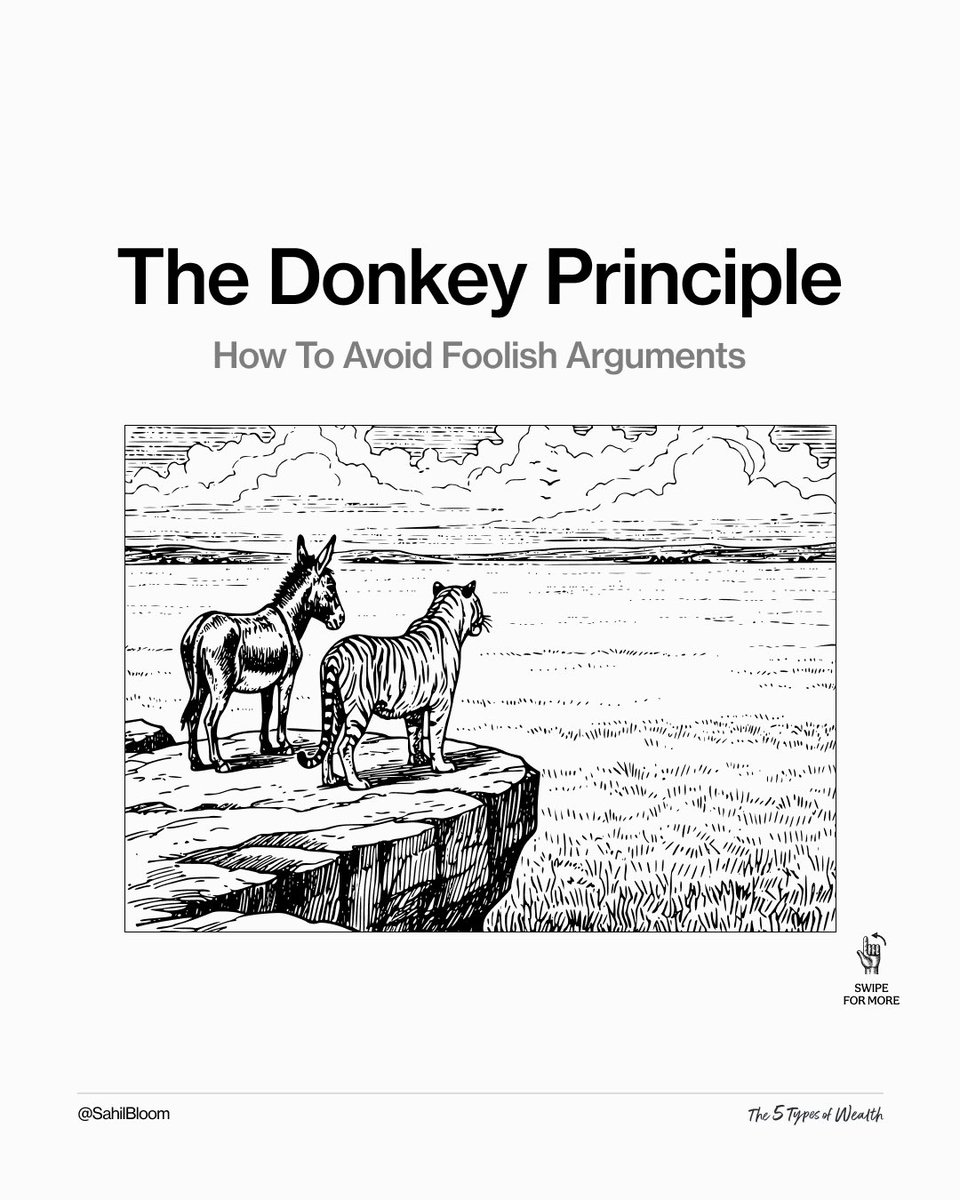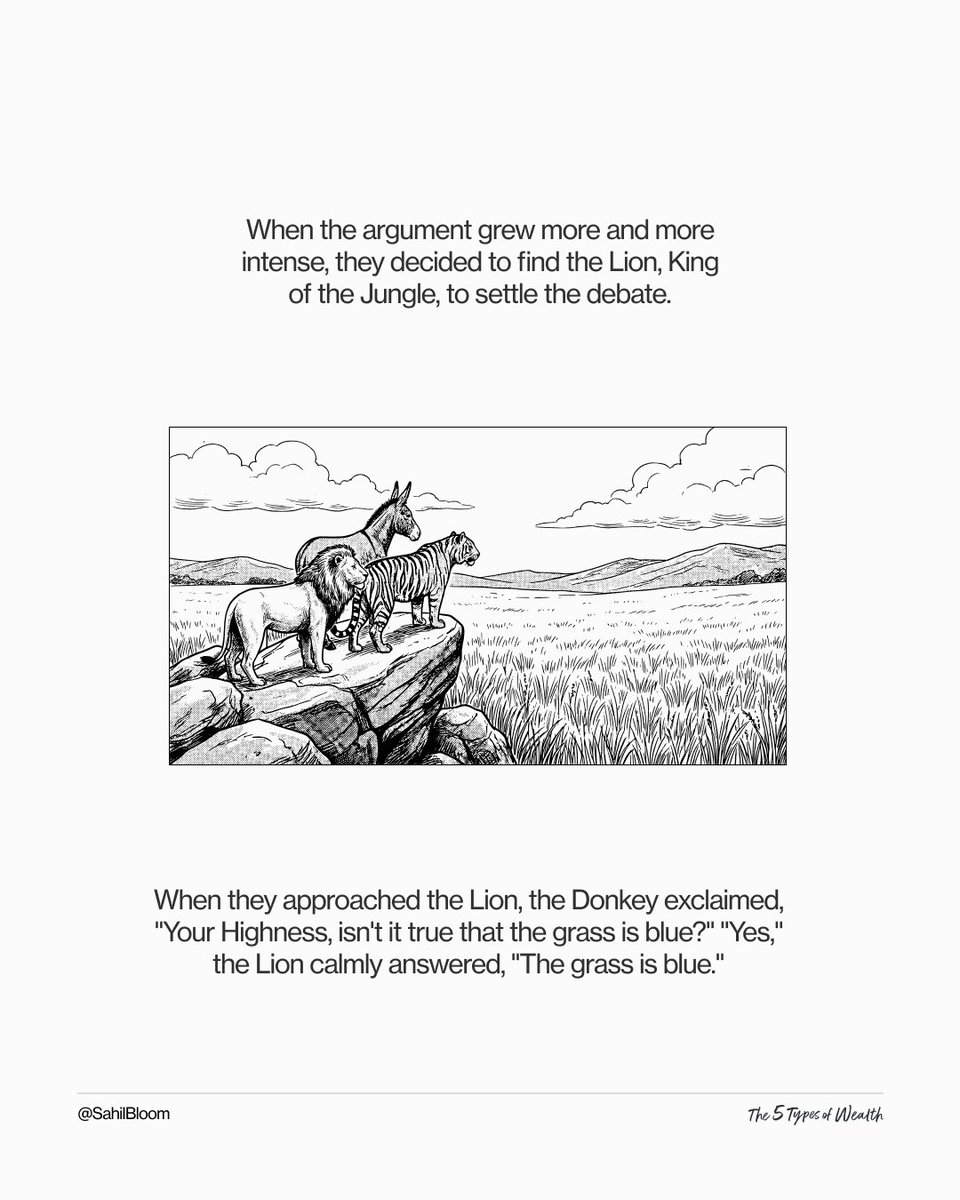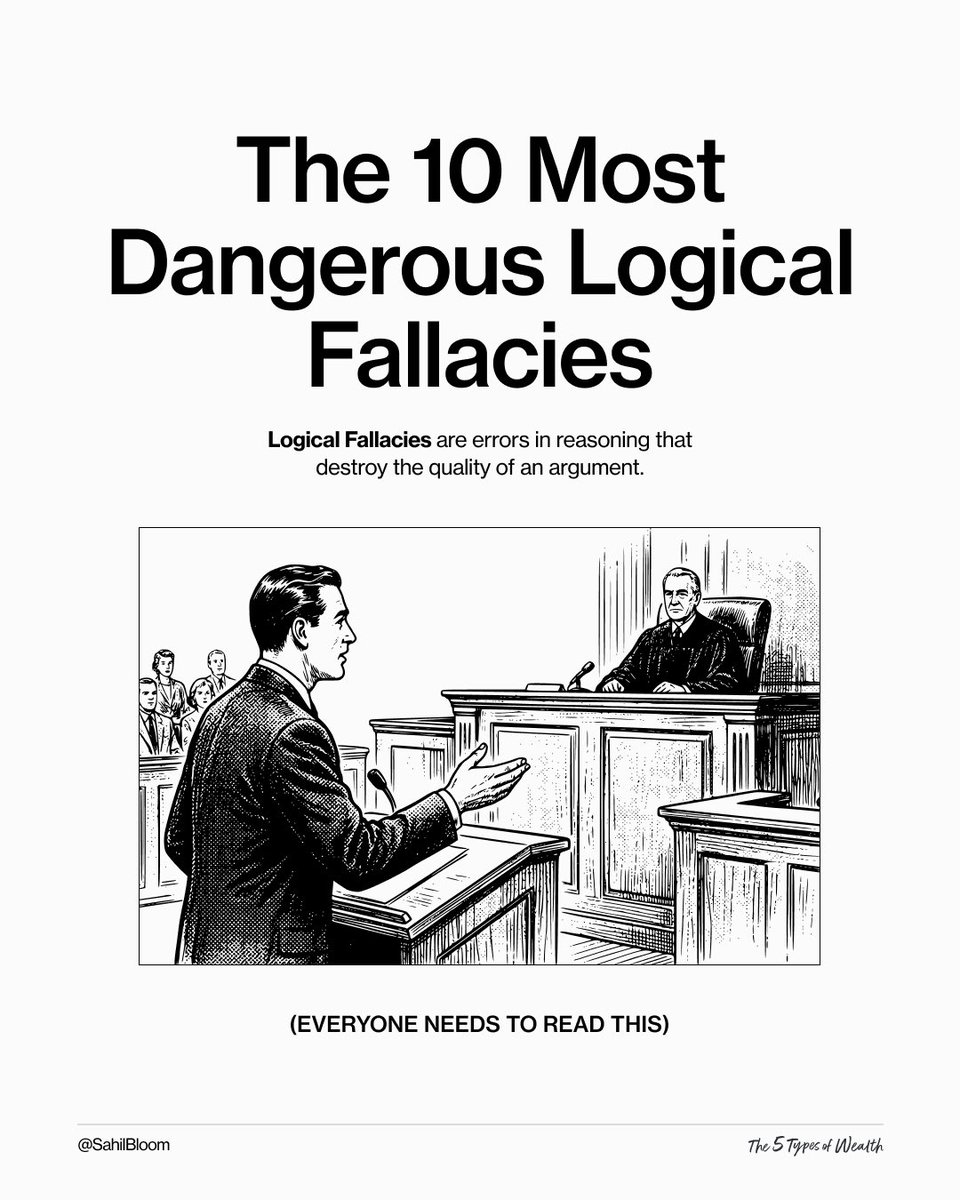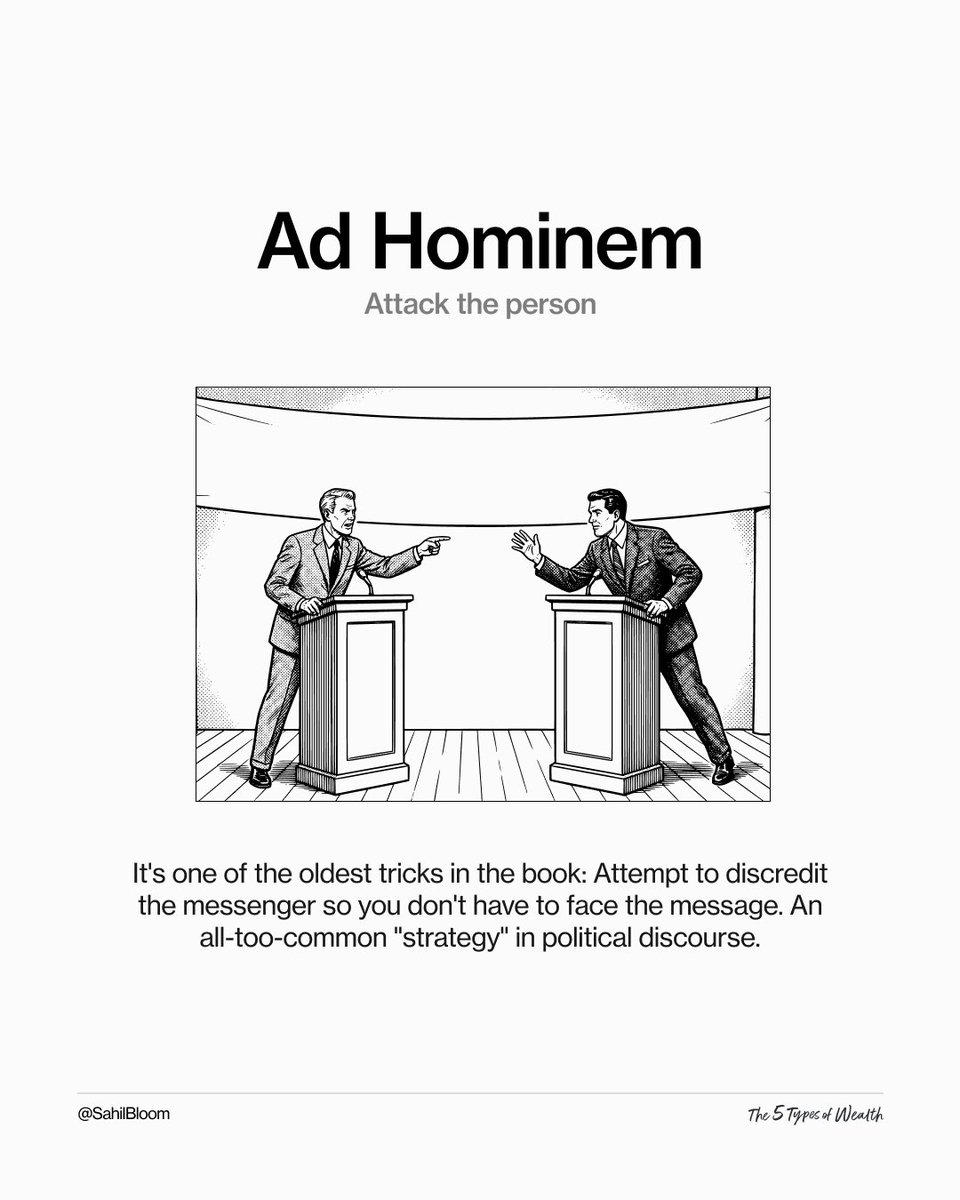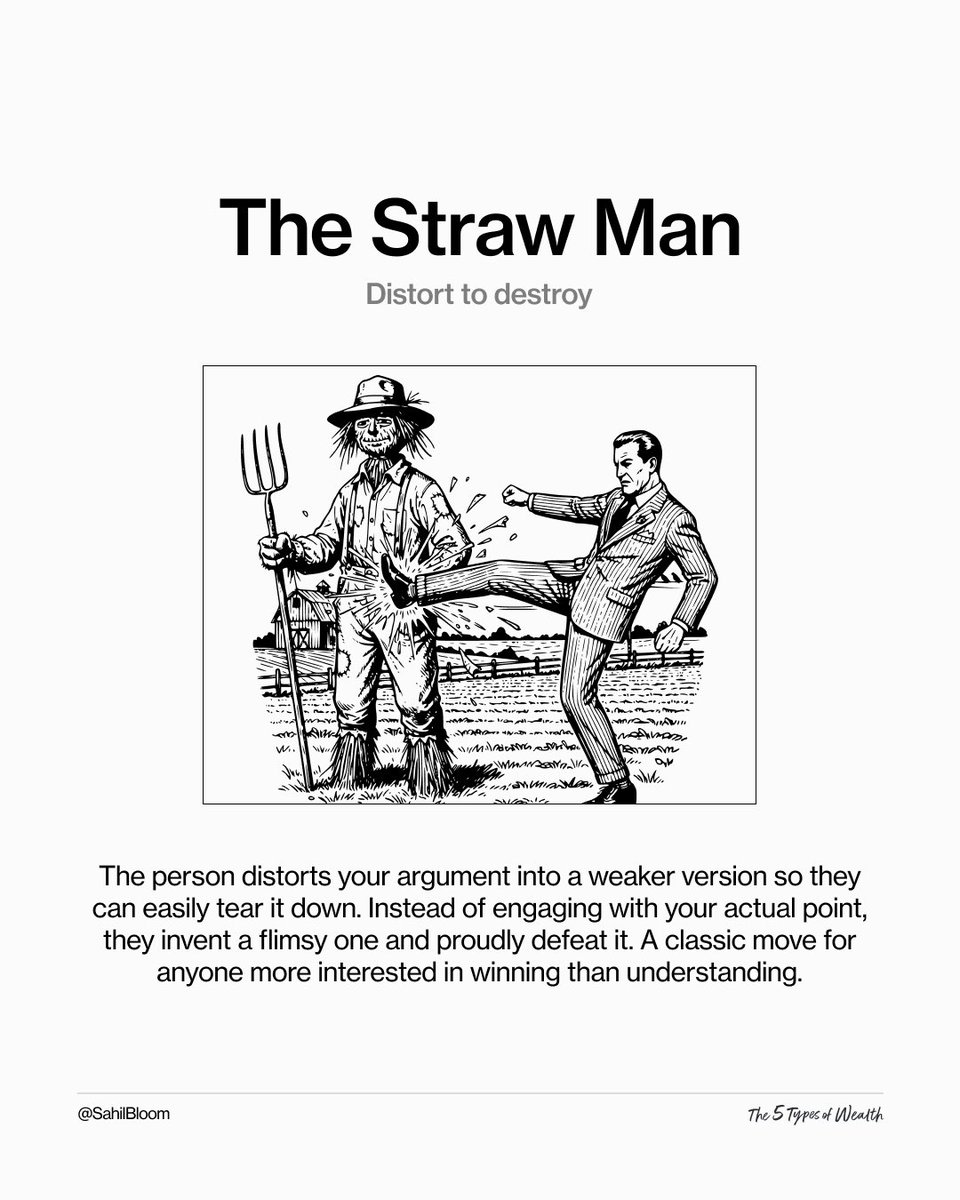Occam's Razor 101
With a wave of complexity and unknowns smashing into the financial and political worlds, the elegant simplicity of Occam's Razor is primed for a revival.
But what is Occam's Razor and how does it work?
Here's Occam's Razor 101!
👇👇👇
With a wave of complexity and unknowns smashing into the financial and political worlds, the elegant simplicity of Occam's Razor is primed for a revival.
But what is Occam's Razor and how does it work?
Here's Occam's Razor 101!
👇👇👇

1/ Occam's Razor is a classic problem-solving principle and mental model.
It says that when you are weighing alternative hypotheses, the one with the fewest necessary assumptions should be chosen.
Put simply, the simplest explanation is often the best one.
Simple is beautiful.
It says that when you are weighing alternative hypotheses, the one with the fewest necessary assumptions should be chosen.
Put simply, the simplest explanation is often the best one.
Simple is beautiful.
2/ The benefits of Occam's Razor can be extensive.
Going with the hypothesis with the fewest number of necessary assumptions means it is easier to prove/disprove. There are fewer assumptions to vet in your process.
It allows one to follow the critical path to an outcome.
Going with the hypothesis with the fewest number of necessary assumptions means it is easier to prove/disprove. There are fewer assumptions to vet in your process.
It allows one to follow the critical path to an outcome.
3/ The origin of the named concept is attributed to William of Ockham, an English friar, theologian, and philosopher. His simplified deductive reasoning led others to coin the term in his name.
But to be sure, the concept itself has been employed by great thinkers for centuries.
But to be sure, the concept itself has been employed by great thinkers for centuries.

4/ Let's look at a few real-world examples of where Occam's Razor might be useful (and where it might get you in trouble).
👇👇👇
👇👇👇
5/ Investing?
As @GavinSBaker often says, simple is beautiful when it comes to investing.
In developing perspectives on a company or industry, cut down to the critical assumptions or variables for determining the future state.
Remove the noise and you are left with the signal.
As @GavinSBaker often says, simple is beautiful when it comes to investing.
In developing perspectives on a company or industry, cut down to the critical assumptions or variables for determining the future state.
Remove the noise and you are left with the signal.
6/ This is a critical concept as it relates to developing true, differentiated insights and ultimately generating alpha.
@GavinSBaker spoke about this at length with @patrick_oshag on the @InvestLikeBest podcast recently.
Check it out! podcasts.apple.com/us/podcast/gav…
@GavinSBaker spoke about this at length with @patrick_oshag on the @InvestLikeBest podcast recently.
Check it out! podcasts.apple.com/us/podcast/gav…
7/ What about government financial crisis response?
Every crisis is different and complex. COVID-19 precipitated a truly unique financial meltdown.
But if you wanted to determine the government's likely response, the simplest answer was probably the best: they print money.
Every crisis is different and complex. COVID-19 precipitated a truly unique financial meltdown.
But if you wanted to determine the government's likely response, the simplest answer was probably the best: they print money.
8/ With so many outstanding variables and assumptions, taking an Occam's Razor approach to determining government policy interventions in times of crisis may make sense.
When in doubt, they print, they bailout, and they kick the can down the road.
When in doubt, they print, they bailout, and they kick the can down the road.
9/ But as with all mental models, Occam's Razor is far from perfect.
It is a great way to answer efficiently in the absence of an environment of complete information.
But it can get you into trouble if used too broadly, as @ShaneAParrish points out.
It is a great way to answer efficiently in the absence of an environment of complete information.
But it can get you into trouble if used too broadly, as @ShaneAParrish points out.
https://twitter.com/ShaneAParrish/status/1049462357334716416
10/ So that was Occam's Razor 101. I hope it will prove useful as you try to make sense of this complex world.
For detailed analysis of Occam's Razor and other mental models, I highly recommend checking out @ShaneAParrish and @farnamstreet! fs.blog/2019/10/occams…
For detailed analysis of Occam's Razor and other mental models, I highly recommend checking out @ShaneAParrish and @farnamstreet! fs.blog/2019/10/occams…
11/ And for more educational threads on money, business, and finance, check out my meta-thread below.
Turn on post notifications so you never miss a thread!
Turn on post notifications so you never miss a thread!
https://twitter.com/SahilBloom/status/1284583099775324161
• • •
Missing some Tweet in this thread? You can try to
force a refresh





